“Artificial intelligence will literally replace half of the office workers in the United States,” Ford Motor CEO Jim Farley said in an interview last week at the Aspen Ideas Festival. “AI will push a lot of people who do office work out of the way,” Farley said.
At JPMorgan Chase, Marianne Lake, CEO of the bank's consumer and community business, predicts the bank's operational headcount could shrink by 10% in the coming years as the company deploys new AI tools.
These comments are not isolated, but echo recent warnings about jobs from leaders of Amazon, Anthropic and many other companies.
AI changes the way we work and the structure of our workforce
Amazon CEO Andy Jassy wrote in a memo to employees in June that the company's total office headcount would shrink because AI technology is "once in a lifetime."
“We will need fewer people doing some of the jobs we do today and more people doing other types of jobs,” Mr. Jassy explains.
In May, Dario Amodei, CEO of Anthropic, said half of basic jobs could disappear in just one to five years, leading to unemployment in the US reaching 10% to 20%.
Mr Amodei called on CEOs and government officials to stop "downplaying" the situation.
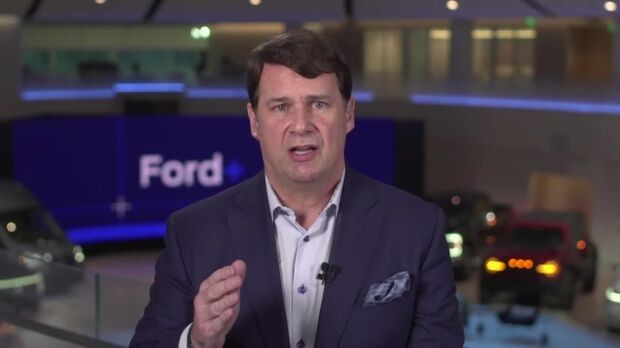
The Ford CEO's comments are among the most candid from a major US company leader outside Silicon Valley to date.
His remarks reflect a marked shift in how we view the costs of AI, according to the WSJ .
In the past, few business leaders were willing to publicly acknowledge the extent to which office jobs might disappear.
In interviews, they often dodge questions about job losses. Instead, they often emphasize the advancements that always create a range of new roles.
Yet in private conversations, CEOs have spent months discussing how their businesses can operate effectively with a fraction of their current staff.
Technologies like automation software, AI and robotics are being deployed to help make operations as lean and efficient as possible.
A multidimensional view of AI opportunities and challenges
Micha Kaufman, CEO of freelance marketplace Fiverr, wrote in a memo to employees this spring that professionals will need to accept the fact that very few positions won't be transformed by AI.
However, he also acknowledged that there would be job displacement and said that any new technology could lead to changes in the labor market.
Arvind Krishna, CEO of International Business Machines (IBM), said the company has used AI to replace the jobs of several hundred people in its human resources department.
But, he added, the company is also hiring more programmers and sales staff to meet the new demand.
Pascal Desroches, AT&T's chief financial officer, said in an interview last month that there are still many uncertainties about how AI will reshape work.
He also noted that past technological revolutions have shown that new jobs are constantly emerging. “It’s hard to say definitively, ‘Oh, we’ll have fewer workers but more productivity,’” he said. “We don’t know for sure.”
(According to WSJ)
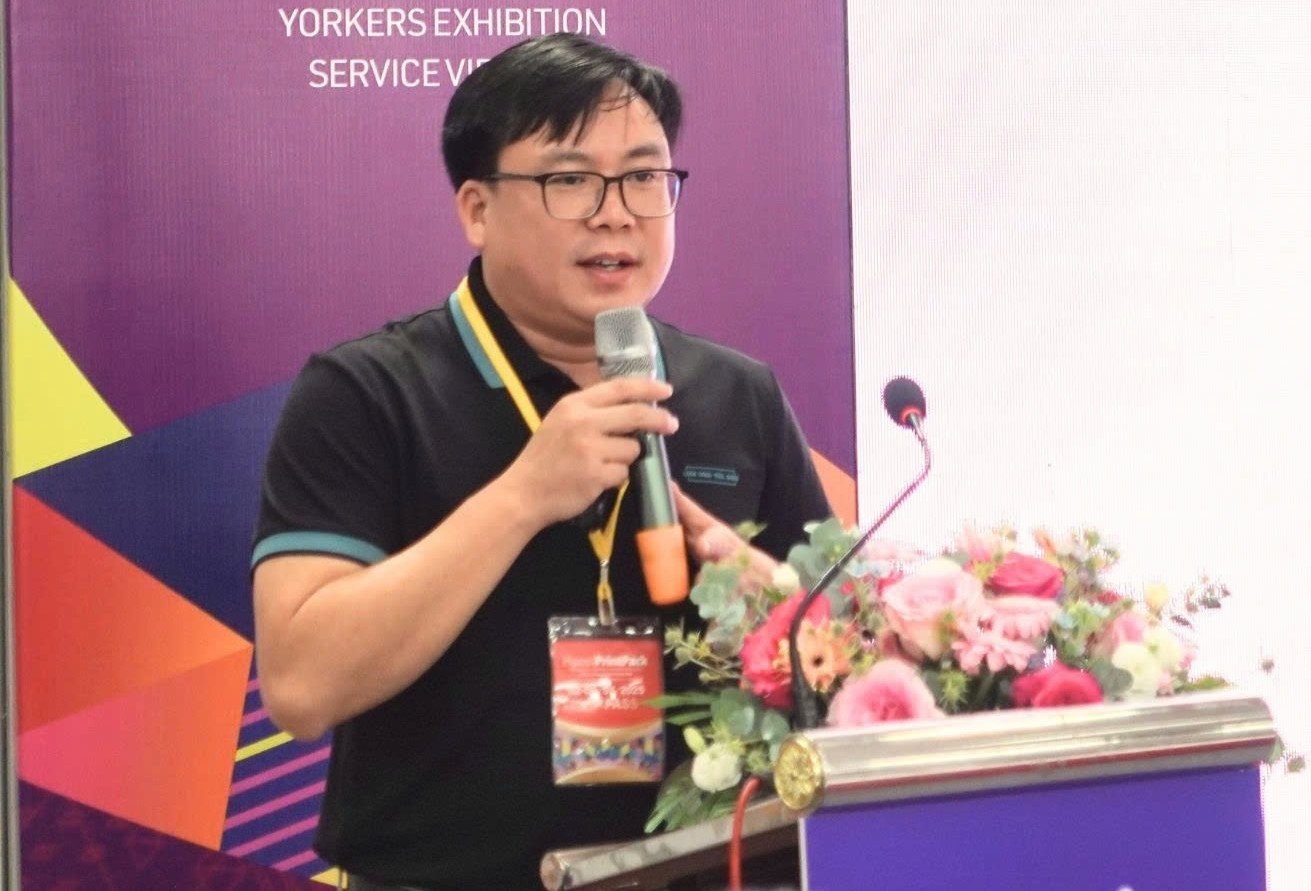
Source: https://vietnamnet.vn/tri-tue-nhan-tao-se-xoa-so-mot-nua-nhan-vien-van-phong-2418023.html



![[Photo] The 1st Congress of Phu Tho Provincial Party Committee, term 2025-2030](https://vphoto.vietnam.vn/thumb/1200x675/vietnam/resource/IMAGE/2025/9/30/1507da06216649bba8a1ce6251816820)
![[Photo] Solemn opening of the 12th Military Party Congress for the 2025-2030 term](https://vphoto.vietnam.vn/thumb/1200x675/vietnam/resource/IMAGE/2025/9/30/2cd383b3130d41a1a4b5ace0d5eb989d)

![[Photo] General Secretary To Lam receives US Ambassador to Vietnam Marc Knapper](https://vphoto.vietnam.vn/thumb/1200x675/vietnam/resource/IMAGE/2025/9/29/c8fd0761aa184da7814aee57d87c49b3)
![[Photo] General Secretary To Lam, Secretary of the Central Military Commission attends the 12th Party Congress of the Army](https://vphoto.vietnam.vn/thumb/1200x675/vietnam/resource/IMAGE/2025/9/30/9b63aaa37ddb472ead84e3870a8ae825)


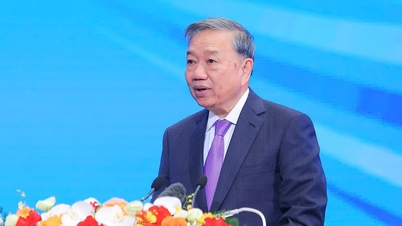


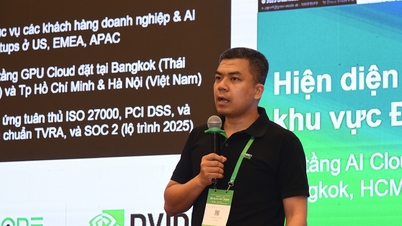





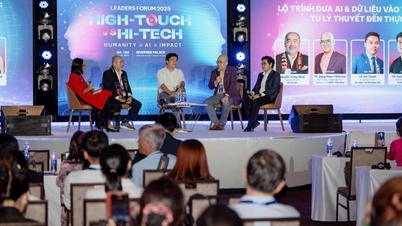
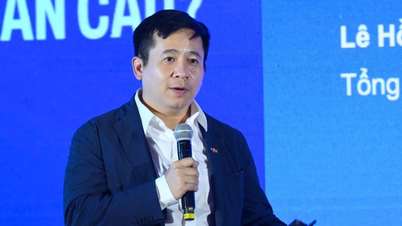

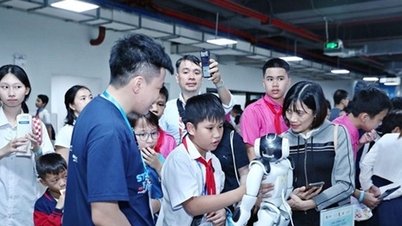







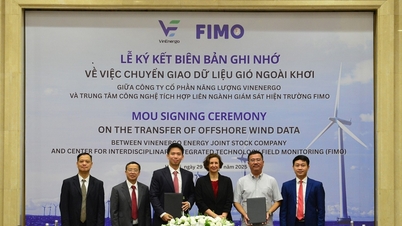


![[Photo] General Secretary To Lam attends the ceremony to celebrate the 80th anniversary of the post and telecommunications sector and the 66th anniversary of the science and technology sector.](https://vphoto.vietnam.vn/thumb/1200x675/vietnam/resource/IMAGE/2025/9/29/8e86b39b8fe44121a2b14a031f4cef46)







































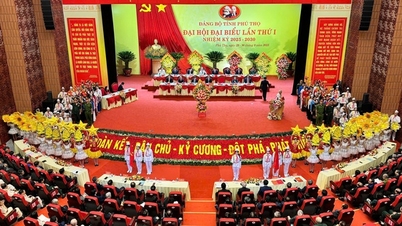






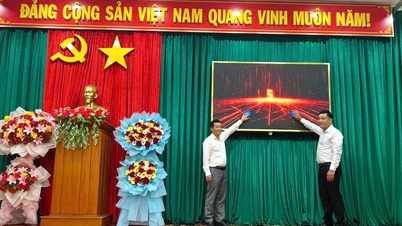

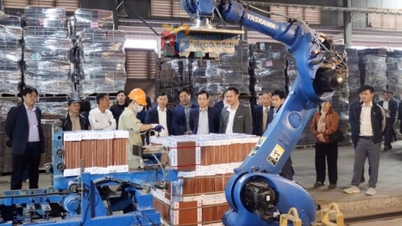



















Comment (0)